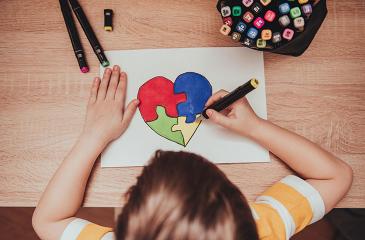Autism Awareness Month
World Autism Awareness Day is celebrated on April 2, and fosters global awareness and support for autistic individuals and their families. April is National Autism Awareness Month and represents an opportunity to promote autism awareness and autism acceptance and to recognize both the contributions and needs of autistic individuals and their families.
Here are a few examples of how MIDB is working to meet the needs of individuals with autism and their families:
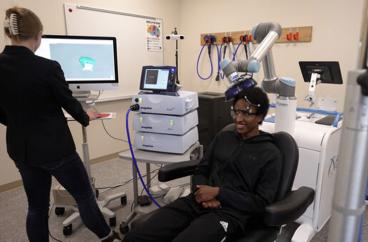
Heads together: Researchers collaborate at the U’s Masonic Institute for the Developing Brain to find better ways to help children who have neurodevelopmental disorders
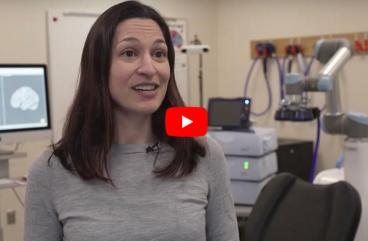
Evaluating the use of transcranial magnetic stimulation (TMS) as a new treatment for children and teens with conditions like autism. TMS is a painless, non-invasive technique used to stimulate the brain.
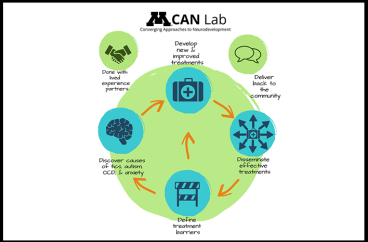
Converging Approaches to Neurodevelopment Lab: Our aim is to advance current research efforts, interventions, and care for all neurodevelopmental disorders, including autism.

Creating Culturally Responsive Resources for MIDB Families.
A part of our Community Engagement & Education (CEEd) Hub mission is to include our local communities in every aspect of MIDB services, research, and policy.
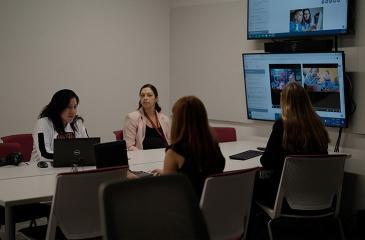
Using Telemedicine to Help Families When They Need it Most.
Jessica and her husband Andrew wondered if their son Elias might be autistic.
They also knew that early intervention, while his brain was still developing, was critical to providing him with the support he needed.

Researchers Discover Solutions to Gender Bias in Autism Diagnoses.
Published in Biological Psychiatry, a multidisciplinary study led by the University of Minnesota demonstrated that an equal number of girls and boys can be identified as having concerns for autism spectrum disorder (ASD) when screened earlier, correcting large gender differences in current diagnoses.
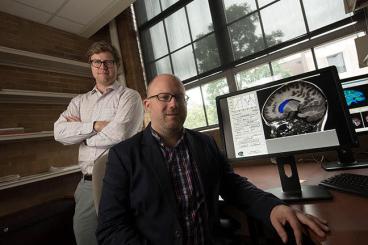
Leveraging Big Data to Detect Brain Differences Earlier.
The University of Minnesota announced today that it has received a $3.7 million grant across five years from the National Institutes of Health (NIH) for autism research.
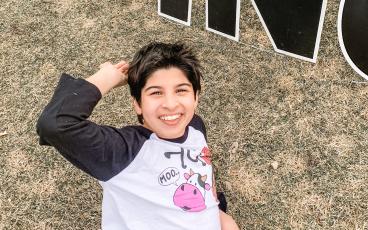
Acceptance – and comprehensive care – makes all the difference for autistic mother and son
Masonic Institute for the Developing Brain makes it easier for families – like Feroza Mehta and her son, Aidan – to get comprehensive care for autism spectrum disorder.
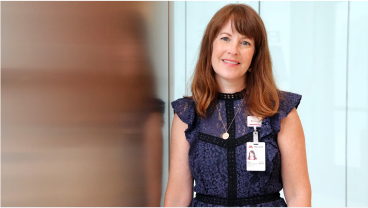
Q&A: New MIDB team will be a lifeline for children and families facing autism spectrum disorder (ASD)
M Health Fairview Psychologist Amy Esler, PhD, LP, will oversee care for patients with autism spectrum disorder (ASD) at the new Masonic Institute for the Developing Brain, a joint clinic and research facility opening this fall.
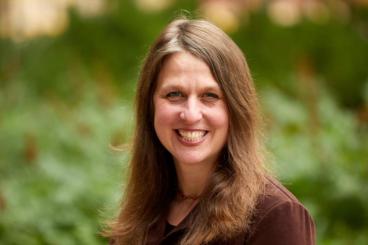
Talking autism with U of M: New U of M research shows that 1 in 34, or roughly 3%, of 8-year-old children in Minnesota, have been identified with autism spectrum disorder. Jennifer Hall-Lande, a psychologist and research associate at the Institute on Community Integration and the Masonic Institute of the Developing Brain, shares her expertise on how to support a child with autism.
